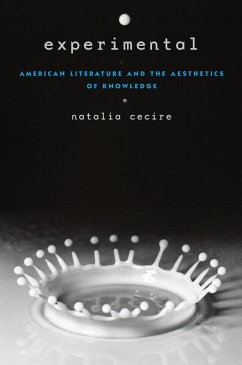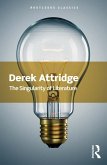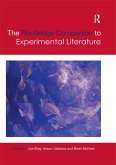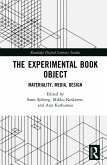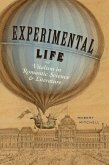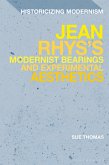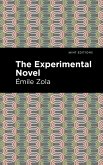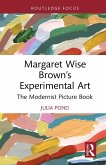A compelling revision of the history of experimental writing from Pound and Stein to Language poetry, disclosing its uses and its limits.In this bold new study of twentieth-century American writing and poetics, Natalia Cecire argues that experimental writing should be understood as a historical phenomenon before it is understood as a set of formal phenomena. This seems counterintuitive because, at its most basic level, experimental writing can be thought of as writing which breaks from established forms. Touching on figures who are not typically considered experimental, such as Stephen Crane, Jacob Riis, Busby Berkeley, Ursula K. Le Guin, and Gottlob Frege, Experimental offers a fresh look at authors who are often treated as constituting a center or an origin point of an experimental literary tradition in the United States, including Gertrude Stein, Ezra Pound, William Carlos Williams, and Marianne Moore. In responding to a crisis of legitimization in the production of knowledge, this tradition borrows and transforms the language of the sciences.Drawing upon terminology from the history of science, Cecire invokes the epistemic virtue, which tethers ethical values to the production of knowledge in order to organize diverse turn-of-the-century knowledge practices feeding into "e;experimental writing."e; Using these epistemic virtues as a structuring concept for the book's argument, Cecire demonstrates that experimental writing as we now understand it does not do experiments (as in follow a method) but rather performs epistemic virtues. Experimental texts embody the epistemic virtues of flash, objectivity, precision, and contact, associated respectively with population sciences, neuroanatomy, natural history and toolmaking, and anthropology. Yet which virtues take precedence may vary widely, as may the literary forms through which they manifest. Bringing it up to the 1980s, Cecire reveals the American experimental literary tradition as a concerted and largely successful rewriting of twentieth-century literary history. She shows how the Language poets, a group of primarily white experimental writers, restored to the canon what they saw as modernism's true legacy, whose stakes were simultaneously political and epistemological: it produced a poet who was an intellectual and a text that was experimental.
Dieser Download kann aus rechtlichen Gründen nur mit Rechnungsadresse in A, B, BG, CY, CZ, D, DK, EW, E, FIN, F, GR, HR, H, IRL, I, LT, L, LR, M, NL, PL, P, R, S, SLO, SK ausgeliefert werden.

